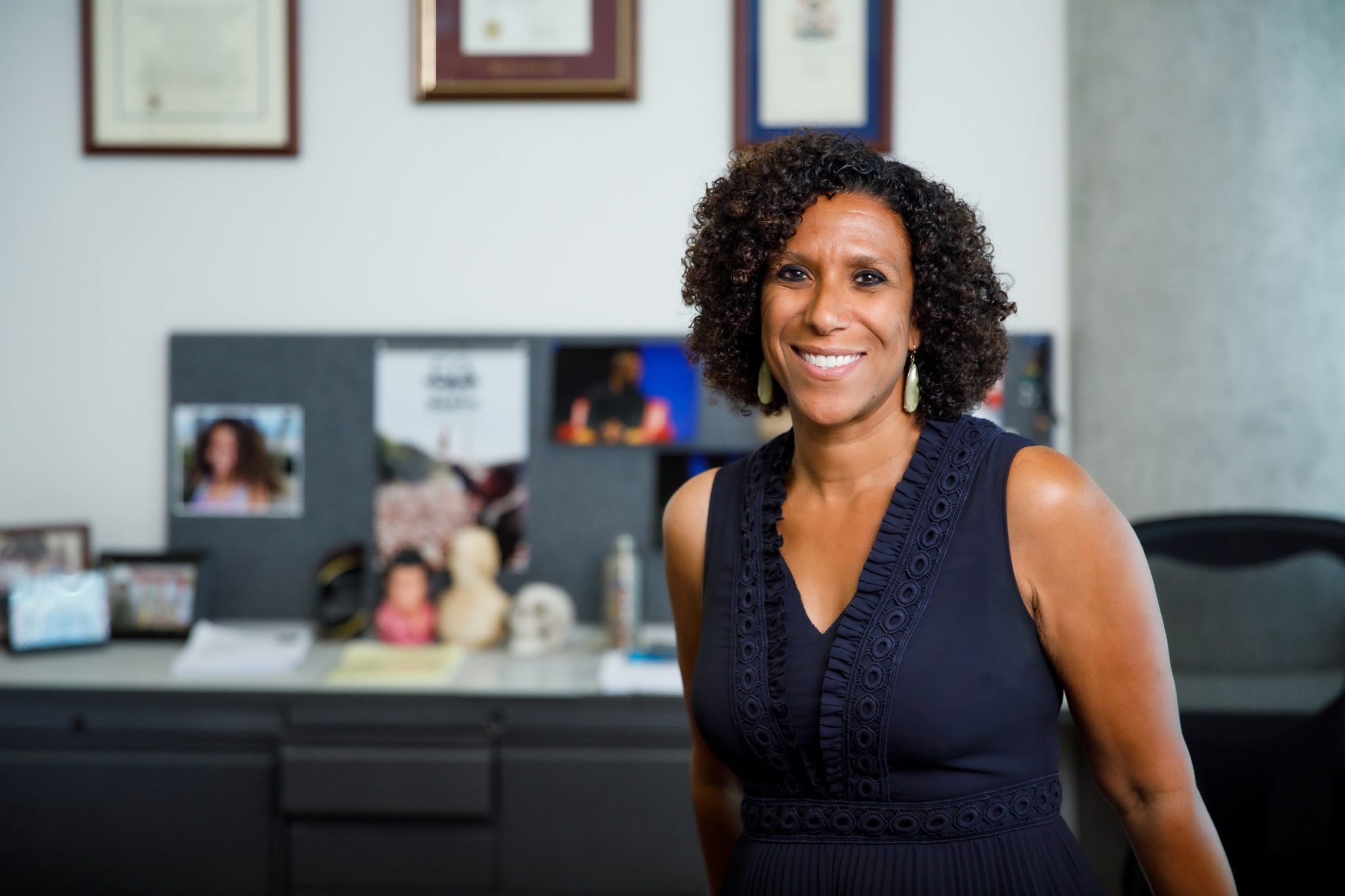
Courtesy of Hanna Madler
On Dec. 4, the Elm Shakespeare Company will present an event titled “Whose Shakespeare?” exploring issues of race in theater through the lens of Shakespeare. Award-winning Director Dawn Monique Williams will host a conversation with Ayanna Thompson, professor of English and Medieval and Renaissance Studies at Arizona State University.
Williams has directed productions internationally, including Edinburgh Festival Fringe productions of “Scapin the Cheat,” “Anna Bella Eema” and “The Tempest,” while Thompson is considered a leading scholar of Shakespeare and race studies. “Whose Shakespeare?” is the fourth of five events in a series called “Building a Brave New Theater: Exploring Shakespeare & Race in 2020.” The series aims to uplift the voices of BIPOC artists.
“I love talking with theatre practitioners about the changes that we can make in the future,” Thompson told the News. “Theatres are shuddered right now in the US due to the COVID-19 pandemic, and that provides us with an opportunity to think about what the reboot should be.”
Barbara Schaffer, development director of Elm Shakespeare Company, said the series introduces novel questions after centuries of Bardolatry — what do these plays offer our time? Who owns Shakespeare? Why are these plays considered universal and why might that be a problem?
Schaffer noted that Shakespeare’s place at the apex of the Eurocentric classical canon has sometimes resulted in the erasure, appropriation or degradation of other cultures. Even though the plays were written before modern concepts of race and racism existed, Schaffer added, the narratives and language can be perceived as promoting anti-Blackness, particularly through the lens of modern America.
According to Rebecca Goodheart, producing artistic director of Elm Shakespeare, the goal of “Whose Shakespeare?” is to incite difficult conversations among different facets of the community. Goodheart said the wide range of people engaging in this conversation allows for a “cross-section” in dialogue. She and Elm Shakespeare are not only interested in historical art, but also how it serves today’s audience.
“These are conversations that I think are complex and are very easy to be treated in a reductionist manner,” Goodheart explained. “I hope to open up that complexity.”
According to the event’s press release, the discussion will examine the changing practices and perceptions of colorblind casting and assess whether authenticity is possible in Shakespeare education programs and American theater in general. Thompson said the event will allow viewers to reflect upon Shakespeare’s place in theater today.
“Shakspeare should belong to everyone but his plays are not always presented in accessible and inclusive fashions,” Thompson said. “[Whose Shakespeare?] will be an opportunity to think about how to ensure that Shakespeare belongs to everyone in the future.”
Both speakers are Black women, and Thompson is also founder of an organization called “RaceB4Race,” which promotes the exploration of racial issues in academia. She noted that events like “Whose Shakespeare?” allow people to contend with societal issues “as a collective.”
Citing the police killing of George Floyd, social uprisings and the Black Lives Matter movement over the summer, Thompson said it was important to think about Shakespeare’s place in the world, education systems and theaters.
“We, at Elm Shakespeare Company, believe in the transformative power of these plays and are committed to creating theater that uplifts everyone in our community,” Schaffer said. “We invite you to … seek to understand and amplify BIPOC artists’ experience of these plays and poetry, and ask the question of how Shakespeare can serve our community today.”
The event is thematically inclusive and does not require an in-depth knowledge of Shakespeare’s works. Schaffer said the discussion applies to the country and theater as a whole.
The Elizabethan Club of Yale and Webster Bank sponsor the “Building a Brave New Theatre: Exploring Race & Shakespeare in 2020” series.
Christion Zappley | christion.zappley@yale.edu







